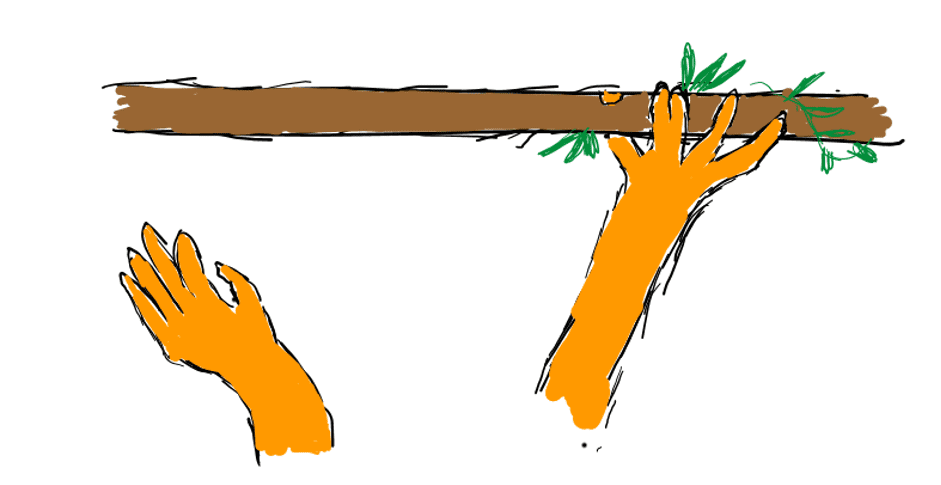My first understanding of grief was probably through death and mourning. I was in the 4th standard when my nana passed away. It was the first time that I had seen death so closely, observing everyone around me mourning collectively, albeit in different ways. I recollect the sight of everyone donned in white attire, my uncle’s head shaved, coming together to mourn at “nani’s house”. They were the same people but looked different, at least externally. Up until then, the different rituals of mourning had only belonged to the movies for me; I never thought it actually happened in reality. Death, grief and mourning were transient, resolved in a three-hour movie with a happy ending. However, this loss, experienced in reality, led to a bleak understanding of finitude.
The experience also became somewhat alienating as I did not understand my mother’s response to her father’s loss and more so, I felt helpless to not see her at ease. In alignment with what Yalom says, “what is terrifying about death is that it implies the dissolution of one’s world”, I did see her world dissolving and subsequently being terrified. She withdrew in different ways from several spaces, did not feel like going anywhere, cried a lot. I was a mere spectator, a listener for sure but still felt like I didn’t really get it. Since then, grief as a word or a process was always something that I was indifferent to and slightly unfamiliar too.
As I delved into psychology, over time I learnt that grief was majorly about loss and not necessarily in the form of death. Later, it expanded to how grief never goes away and one grows around it. It took me a while to understand what grief is and how I respond to it. More so I felt like I didn’t respond to it because I did not fully comprehend it and therefore, probably shouldn’t respond to it because how inauthentic of me it would be to respond to something I do not fully understand. This led me to wonder if I ever will be able to understand it in its entirety and concluded that I might as well not expect myself to. Consequently, I found myself dismissing my own experiences of loss, telling myself, “Oh it’s not grief”, because I did not experience as intense of a reaction as I had witnessed what grief led to. I probably dealt with the confusion around grief by isolating feeling from knowing, from knowing my own feelings. Eventually though, I started to think and realize that I can’t be alien to it anymore, in a profession coming face to face with grief every day, I can’t keep isolating my own feelings and working with the same while being distant.
Gradually through this therapeutic journey, I have definitely learnt that grief is personal. We grieve so much- an unfulfilled promise, loss of a position, the realization that what belonged to us but might not be ours or at least not ours permanently, experiencing solitude and experiencing in solitude. We often grieve about how those close to us do not know how to respond to our grief, about the roles that we can’t fulfil of the one that has left to an extent that grieving starts to feel like a burden. It’s colourful in the form of different shades that it manifests in. It can take the form of resignation, not being able to recognize oneself anymore, wanting to scream but not being able to, a perpetual state of incompleteness or discomfort, purposelessness, feeling different or readjusting and rebuilding. Every new experience can connect to the memories of the past, feeling like it’s only you that is missing the other (the loss). Additionally, a lost sense of confidence and difficulty in letting go. I guess it is like building a home and leaving it. By working with these different shades of grief, it’s comforting (always in process and progress) for me to be able to hold space for grief, not feeling helpless or clueless as I have taken off the pressure to have a clue or to comprehend it fully and that is relieving.
One of the aims of grief counselling is to facilitate the client to accept the reality of the loss, but it does to an extent feel like losing grip of reality. So maybe grief is like losing grip on reality, however gradually regaining hold onto something- a newer meaning, the loss, sense of self, reality or the acceptance of transience.

“Unhold and Hold”
